The government’s treatment of trans people in the UK could breach the European Convention on Human Rights (ECHR), a human rights expert has warned.
Michael O’Flaherty, commissioner for human rights for the Council of Europe, said new guidance in the wake of a Supreme Court ruling on trans people must not leave them in an “intermediate zone… as not quite one gender or the other”.
In a letter to Sarah Owen, chair of parliament’s women and equalities committee, and Lord Alton, chair of the joint committee on human rights, Mr O’Flaherty said lawmakers in the UK have viewed “the human rights of different groups as a zero-sum game”.
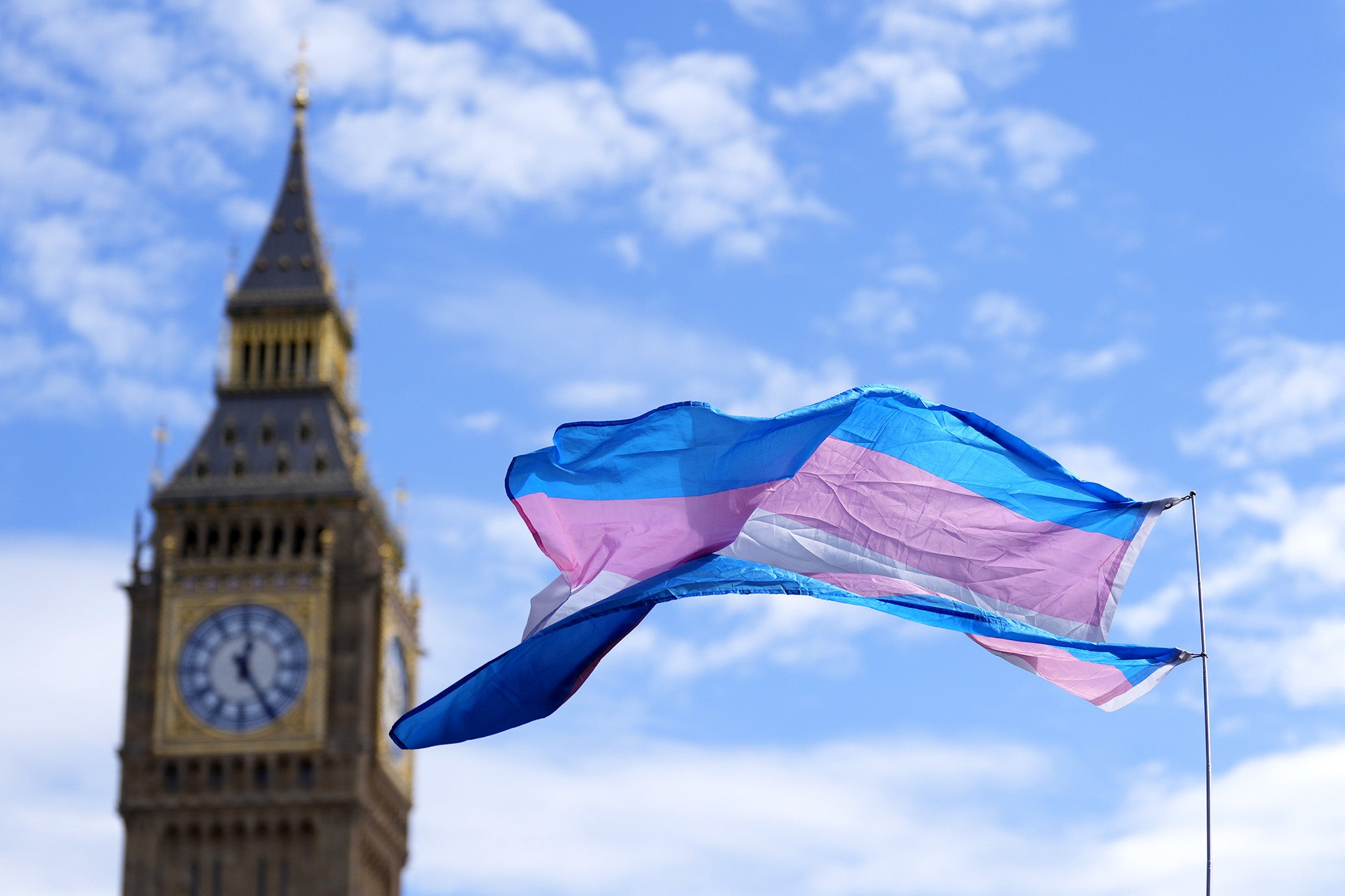
“This has contributed to narratives which build on prejudice against trans people and portray upholding their human rights as a de facto threat to the rights of others,” he said.
He added that the approach risks “certain inferences being drawn from the UK Supreme Court judgment that could lead to widespread exclusion of trans people from many public spaces”.
“This, in turn, may severely infringe on their ability to participate fully and equally in society,” he added.
Mr O’Flaherty said trans people may also be forced under new guidance to “habitually ‘out’ themselves publicly” in order to access services, a potential breach of their right to private lives under article eight of the ECHR.
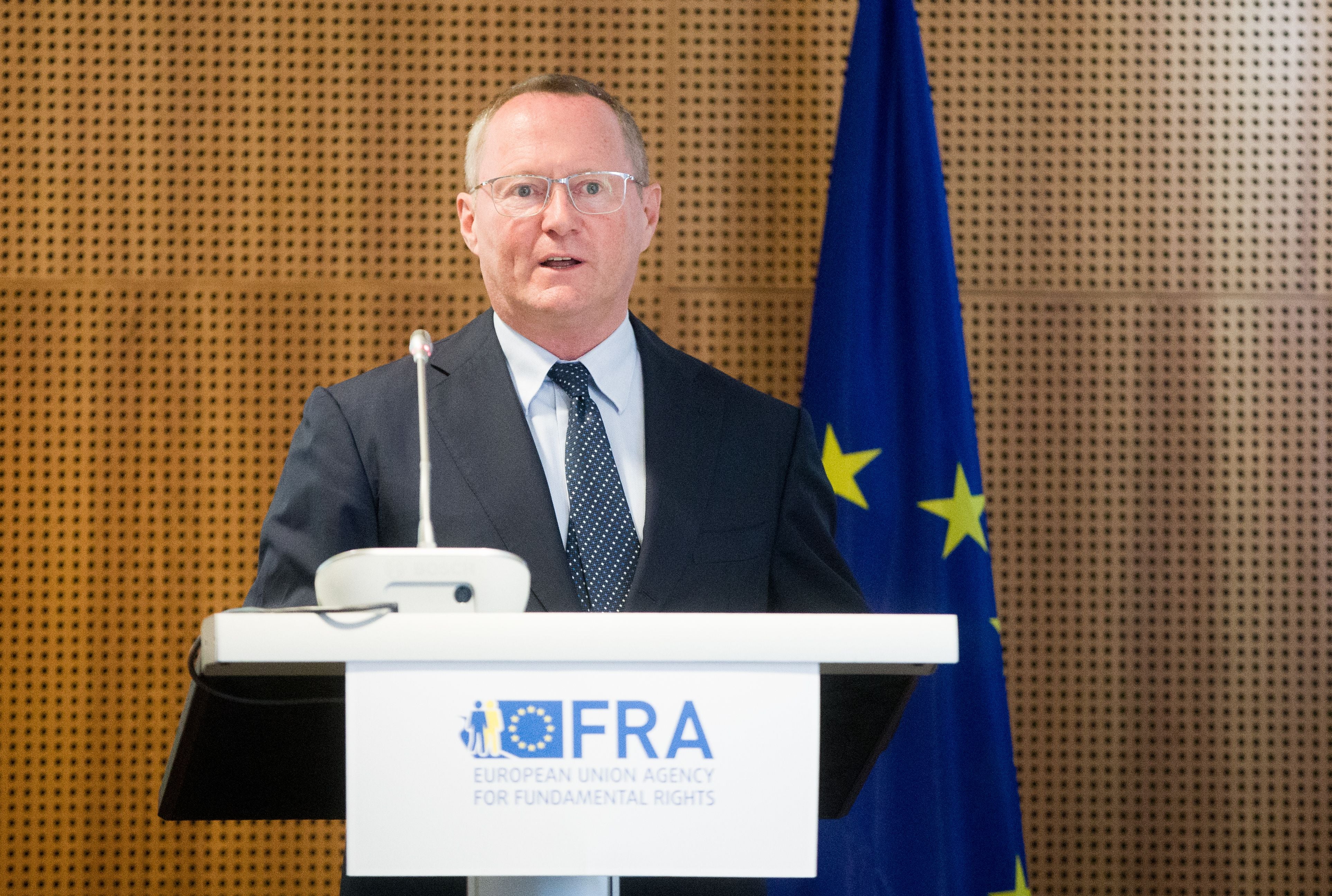
He added: “Beyond privacy concerns, being forced to disclose sex assigned at birth may also significantly increase people’s vulnerability to harassment, abuse and even violence.”
The watchdog said a debate about trans rights should not detract from efforts to stop violence against women and girls and greater gender equality. But he said the current debate is too focused on restricting the human rights and freedoms of trans people.
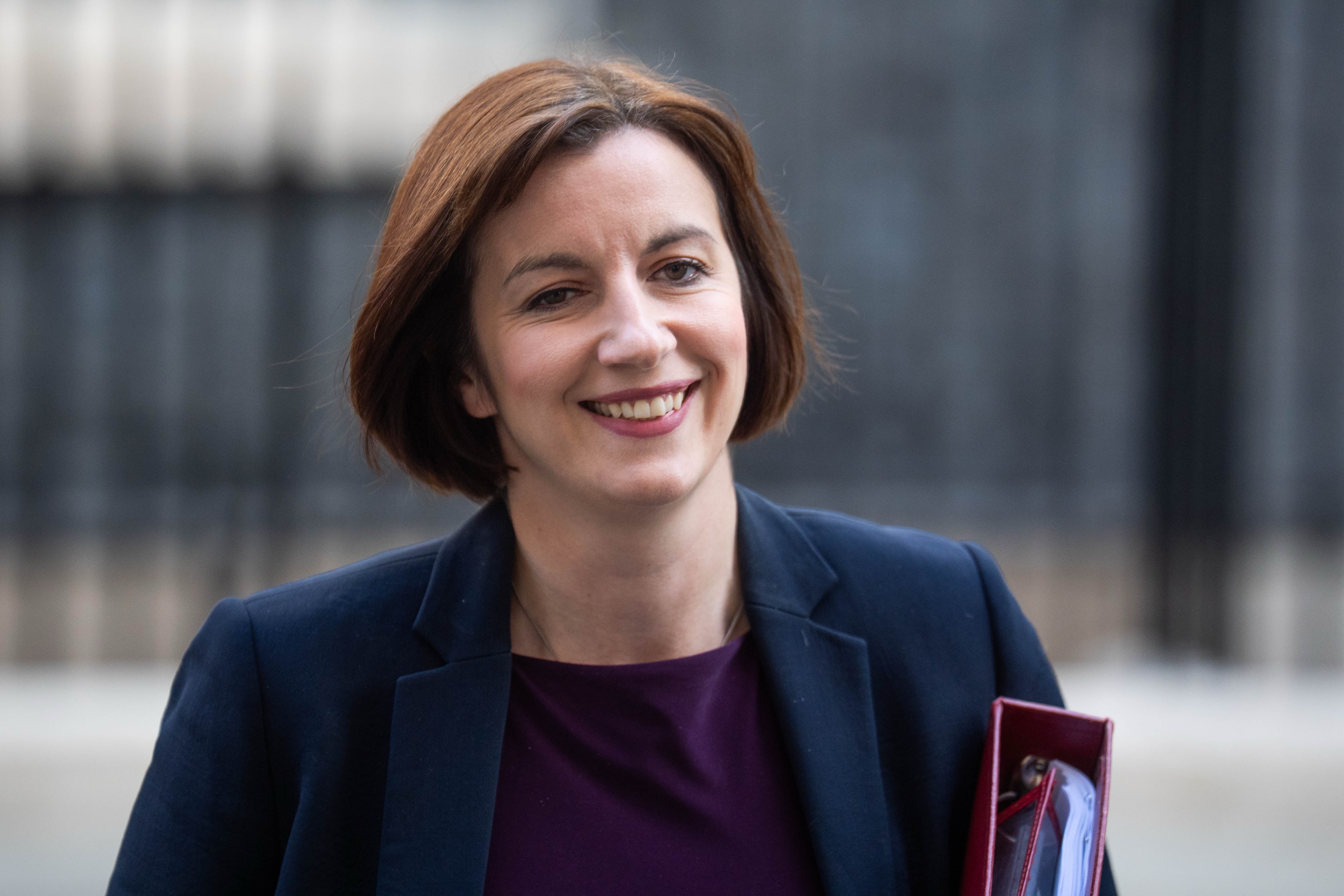
The Equality and Human Rights Commission (EHRC) has drafted new guidance for companies and public bodies to follow after the Supreme Court ruled trans women are not legally women under the Equality Act (2010) earlier this year.
The draft guidance that was submitted for consultation over the summer warns that if a service is provided “only to women and trans women or only to men and trans men, it is not a separate-sex or single-sex service under the Equality Act 2010”.
The EHRC has shared its updated code of practice for services, public functions and associations with the equalities minister for approval after a consultation that took place over the summer. But in theory, Bridget Phillipson could reject the draft and ask the EHRC to redraft it.
It is expected to tell schools, hospitals, leisure centres and cinemas to ban trans women from using single-sex spaces such as lavatories and changing rooms.
Hundreds of organisations have written to the government to warn that the guidance is “unworkable” and will “cause significant economic harm”.
In a recent letter, seen by The Independent, firms including Ben and Jerry’s and Lush said: “The proposals made in the EHRC’s draft Code of Practice under the Equality Act would have serious and far-reaching consequences for UK businesses, our employees, and our customers.
“Any final code similar to this draft would tell organisations that we must adopt practices that are incompatible with modern business values, create unworkable operational challenges, and cause significant economic harm.”
After a visit to the UK, Mr O’Flaherty also wrote to Shabana Mahmood, the home secretary, to warn that the government’s decision to proscribe Palestine Action as a terror group, as well as a planned crackdown on protesters wearing facemasks, could breach the ECHR.

.jpeg)





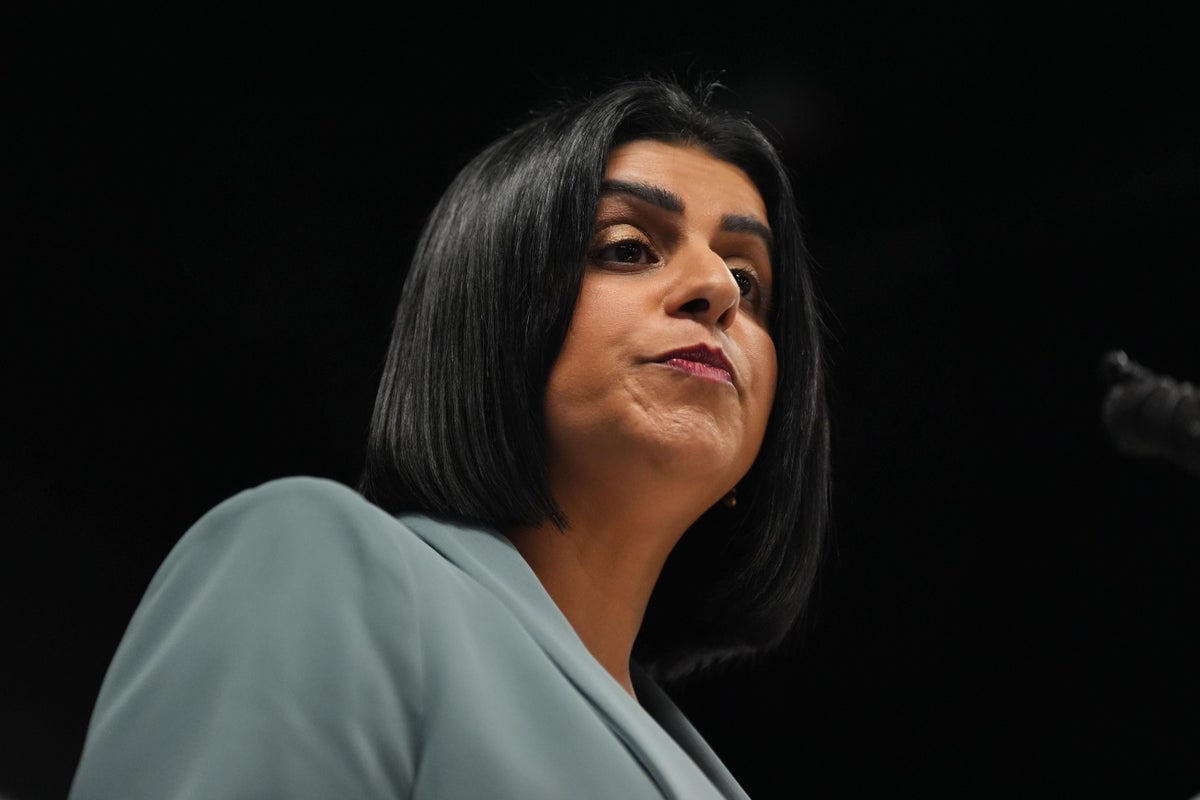
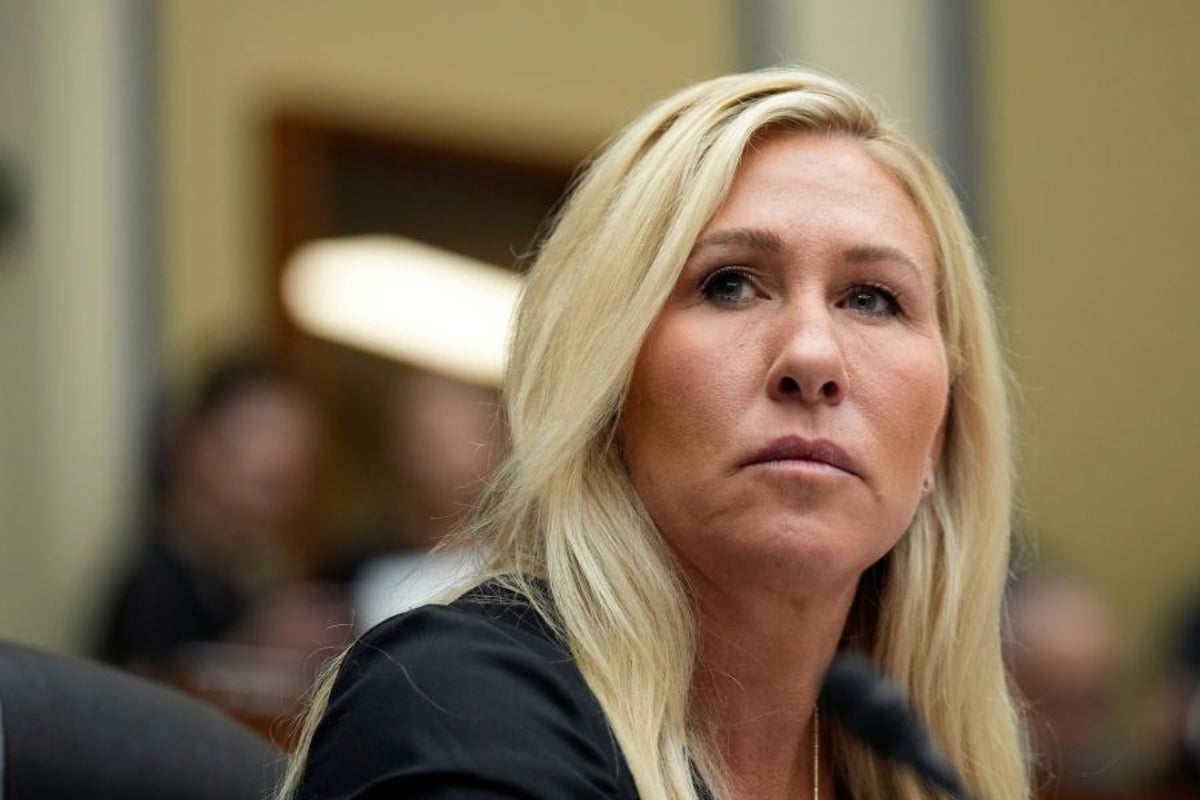






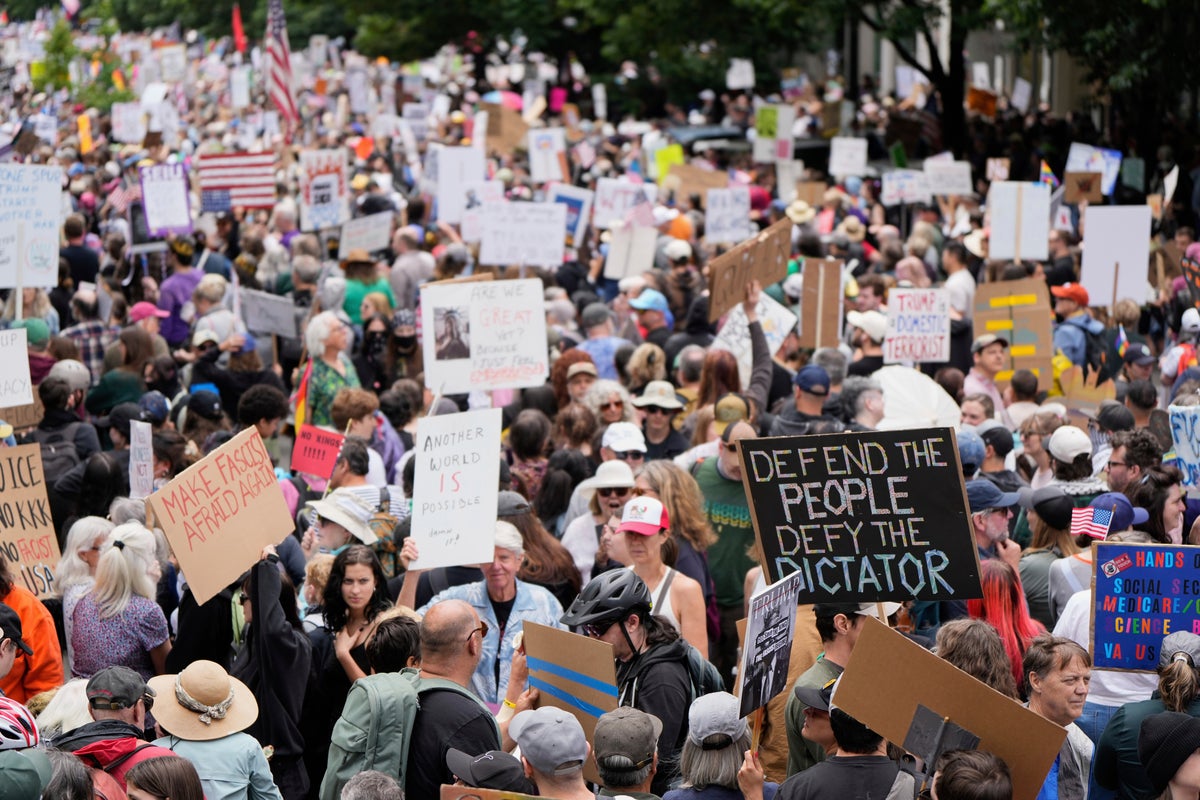






.jpeg)













 English (US) ·
English (US) ·